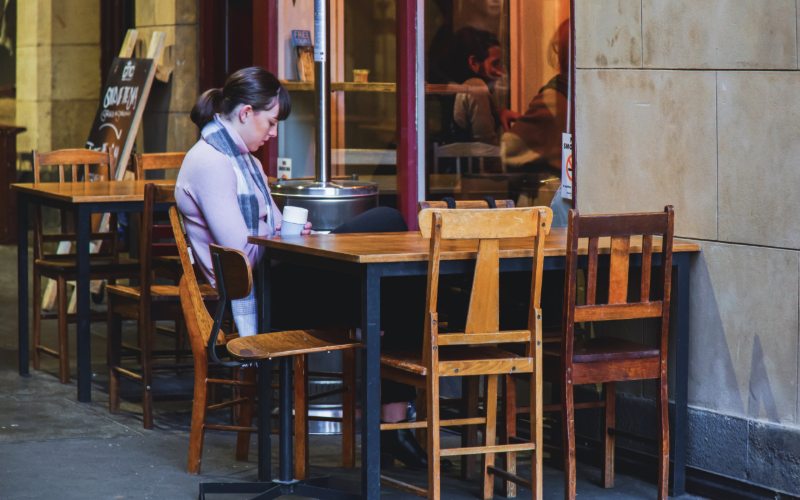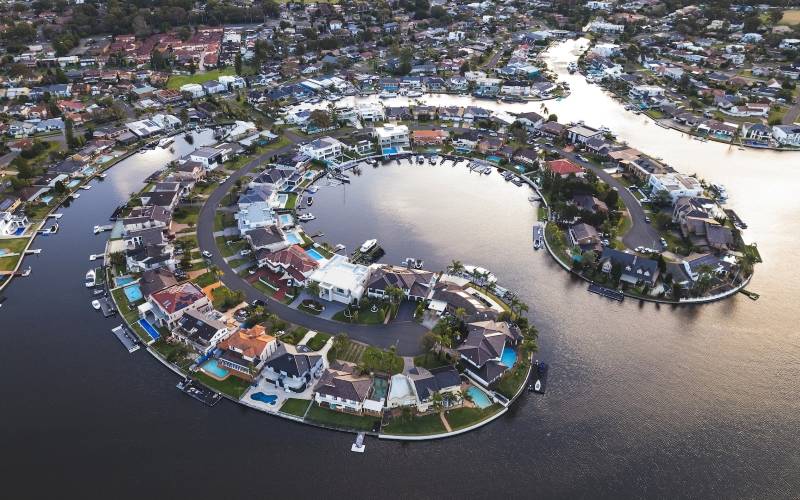In the lead up to the Reserve Bank's 10th cash rate hike in a row on Tuesday, the Australian Council of Trade Unions (ACTU) called on the central bank to halt the hikes before they cause more pain for mortgage holders.
“Between the RBA and big companies, the average Australian has had their modest savings bled dry because of interest rate rises and big business keeping prices far higher than they need to," ACTU secretary Sally McManus said.
“Workers are being punished for a problem they did not cause. As many as one in four are skipping meals and many are not going to the doctor when they need to as a result of this-cost of-living crisis."
However, speaking to the Savings Tip Jar Podcast, economist Warren Hogan said Australia risks not doing enough when it comes to curbing inflation, which is far more corrosive than the short-term pain experienced now.
The United States and New Zealand both have policy rates of 4.75%, tipped to go higher.
"The ABS is telling us that we're still writing about $22 billion of new mortgages in January - that's only been exceeded as a monthly total once before the pandemic," Mr Hogan said.
"That clearly tells us there are a lot of Australians where a 5% or 6% mortgage interest rate is not going to get in the way of their housing dreams.
"The RBA's job is to look after the whole economy, not just those who are at the margins that are under pressure.
"Unfortunately, they've really been thrown to the mob by not just groups like the ACTU, but the government as well.
"Let the professionals do their job - stop making politics out of the RBA."
See Also: Lending data for January
Inflation and rate rises: Chicken or the egg?
In the ACTU's firing line was businesses profiteering and disproportionately increasing prices compared to the inflation spike.
“Essentially, we’re seeing a transfer of wealth from working people to the big banks and supermarkets. It’s a greed-price spiral," Ms McManus said.
“The economy is slowing, unemployment is worsening and inflation is starting to ease. Today’s figures show it’s past time for the RBA to stop interest rate rises and for big business to stop price gouging.”
The latest GDP figures already show a slight moderating in the economy, up just 0.5% in the quarter, while wages growth was softer than expected, and the ABS' monthly annualised inflation figure showed a pullback.
In post-monetary policy meeting remarks, RBA Governor Dr Philip Lowe also took on a more dovish stance, hinting there might only be one more rate rise to go.
This comes after research from a thinktank argued that a large part of the inflation equation could come from record business profits, not consumer demand or wage increases.
Mr Hogan said the RBA needs to act quickly now to stamp out high inflation to avoid elongated interest rate rises.
"We're a lot better off going to 4.5% than risking 6%, because 4.5% will create a slight slowdown in the economy, and it'll inevitably create some stress in the economy," he said.
"But 6% could be a disaster. You don't want to see businesses fail and you don't want to see people lose their jobs where those jobs actually will be there in a few years' time."
The ACTU was approached for further comment but did not respond in time for deadline.
Advertisement
Need somewhere to store cash and earn interest? The table below features savings accounts with some of the highest interest rates on the market.
Photo by Chris Chow on Unsplash









 Rachel Horan
Rachel Horan
 Harrison Astbury
Harrison Astbury
 Hanan Dervisevic
Hanan Dervisevic

